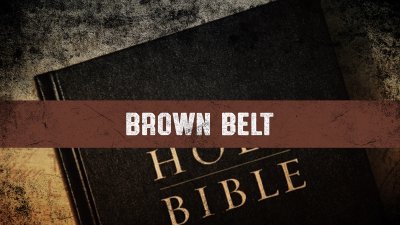Instructions:
1. Watch all the media sources linked for this lesson.
2. Read 1st Peter chapter 1 in its entirety, highlight anything new that stands out to you today, and take notes
3. Focus on 1st Peter 1:20-25 by Re-reading it multiple times Take notes, and try to write down important points made by the writer as well as to whom the writing is addressed. Once you have completed the reading assignment and viewed all the media sources for this study, move on to the study guide linked below.
Video Presented By
Look at the book - 1st Peter
Teacher: John Piper
Desiring God Ministries
https://youtube.com/playlist?list=PLAcB0f-21Xj0zUWp8--R8bRql6hzAJV90&si=4pR5sZ9WeRUyv9XJ
Additional Media Sources Resources for this study:
John Piper - Jesus Christ, the Beginning and the End: 1 Peter 1:20–21
https://youtu.be/L0yype8dwbs?si=jclDTbWN1dp8N1Q0
John Macarthur - A Life Without Loose Ends (1 Peter 1)
https://youtu.be/bDKCS_kkaRY?si=mGB56abYrnYinOXw
Calvary Chapel Ontario - 1 Peter 1:10-25 • Concerning This Salvation
https://youtu.be/YKaWZ6Hm2wc?si=I02zUUc3hjtLHVq8






